The vast majority of job interviews are a waste of everyone’s time.
Since most interview questions merely ask candidates to repeat their resumes or give generic replies about how their worst flaw is that they “care too much” or “work too hard.”
It’s no surprise that hiring is difficult.
When hiring people, asking questions that show a candidate’s genuine aim, strategy, and skill set is crucial.
Here are 4 questions to consider:
- Define the objective.
Find out everything there is to know about an open position. What are the values of my company? What are the goals of each department? Where is the fresh talent going to work? What are their responsibilities? Describe how accountable, influential, and supportive the job is. To whom will they be accountable?
Realizing why someone newer is needed will help you comprehend the job’s requirements and the short and long-term goals, making the process more structured.
Knowing what to search for during interviews and how employers evaluate candidates will help you land your next job.
- Imagine an ideal candidate’s profile.
To discover the ideal candidate for the position, you must first determine what the perfect candidate should look like. Create a mental image of this individual and think about the qualifications they must possess, such as their academic background, their level of experience, and the specific and just desirable talents they possess.
- Keep a long-term viewpoint in mind.
Candidates are becoming more aware of their potential job possibilities. And if they don’t see one at your organization, convincing them to come work for you will be difficult.
Is the applicant likely to succeed in the post in the long run? Do you even have internal mobility initiatives to help employees stay if their duties change? Then, by asking the prospect what they want to learn during their career, you may get a feel of what they want from the job. Ask, “What are your long-term objectives?”
Evaluating a candidate’s career goals might help you determine whether or not they’ll be a great fit for this position. Hint: if they’re merely working in the business as a stepping stone to something else, their true long-term goals will certainly distract them. If you can identify this early in the hiring process, you can avoid wasting time and money on someone who sees themselves in a different function or industry.
- Determine the services and products that your company can provide.
Employees obtain greater benefits when they realize that a happy worker is a productive worker employee. Successful companies provide enviable perks, benefits, and workplace cultures, so knowing what the company can give in return can help you decide which candidates to pursue.
…
Assessing for job fit necessitates first gaining a comprehensive view of the role and then focusing your efforts on determining how each candidate might fit. All of the effort put into developing a job-fit strategy pays off. When you recruit the right person for the position, you’ll get a productive, passionate worker who will likely stay with you for a long time!



